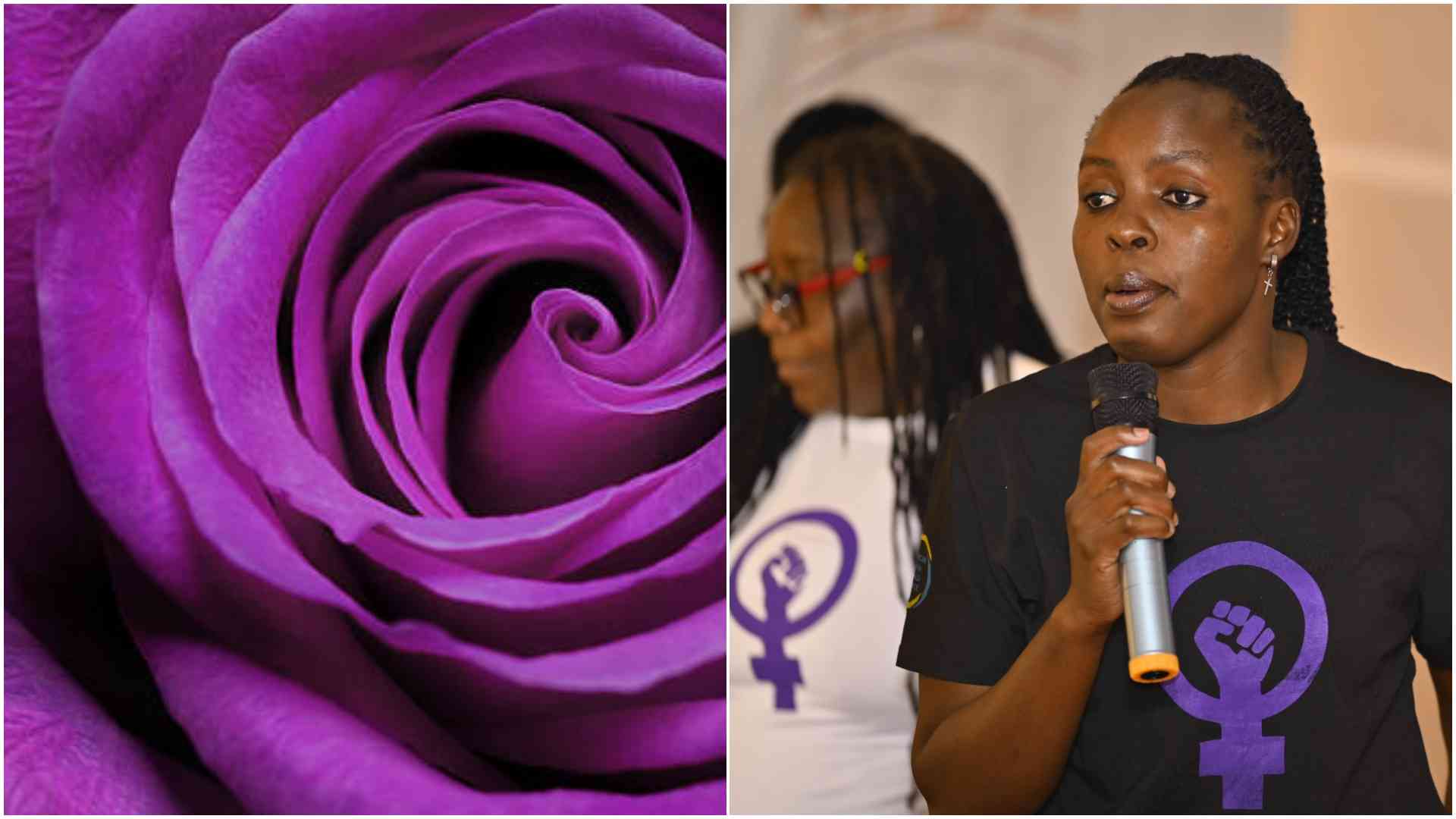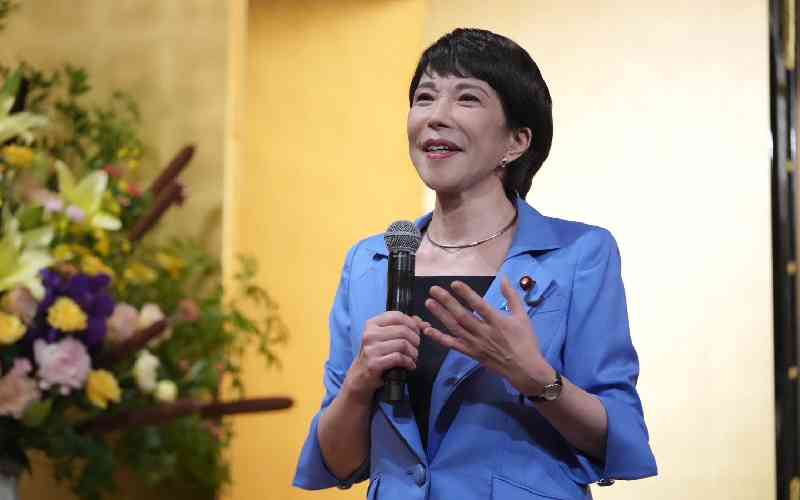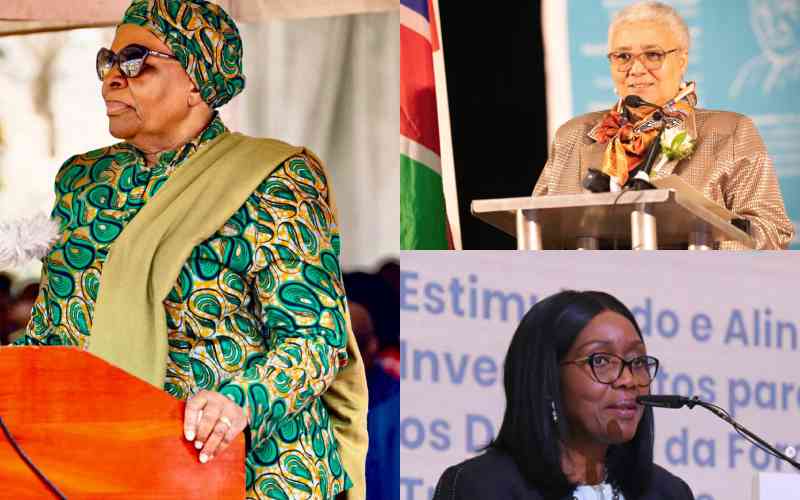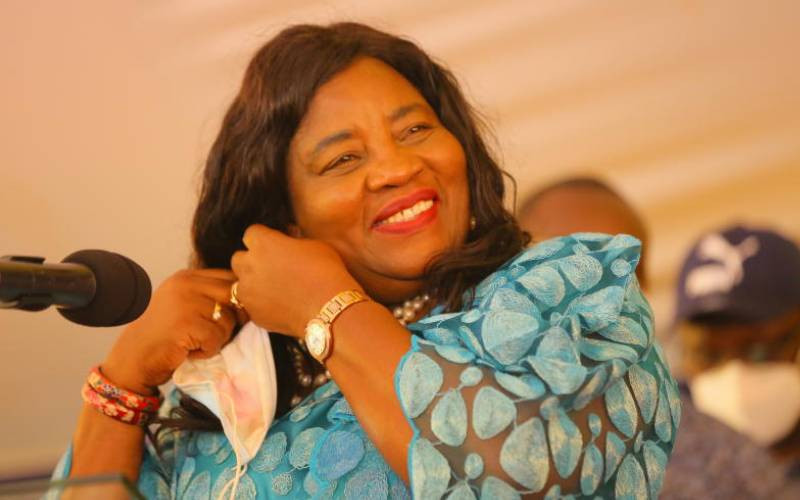
Patricia Ithau is the regional director at Stanford Institute for developing economies/Stanford Seed. She talks about Stanford Seed and its impact on small and medium enterprises in developing countries.
Why was Stanford Seed started and how does it work?
The programme was started in May 2016 in Kenya but it began three years ago in Ghana. Its main purpose is to alleviate global poverty, but not in the same way that it has always been done.
The way to touch lives or improve the economic fortunes of people is to actually touch their livelihoods and the best way to do this is to give them jobs. Stanford had been hosting a lot of students from the developing world and the main question that arose was what was going to happen to the knowledge that the students who had benefited from scholarship programmes once they got back to their countries.
We work with small and medium enterprises, for-profit companies and our objective is to help them scale up. First, we have to recognise that over 80 per cent of new jobs come from SMEs. The challenge is that many developing countries have a lot of startups, but they don’t have the structures and infrastructure to survive or scale up.
Most of those who come to support the market tend to look at startups and incubators; nobody looks at the accelerator. Most start-ups have enormous opportunity and potential to scale up because they have already overcome teething problems and are only looking for ways to transform themselves so that they can grow beyond the founder.
This is the missing link. We are focusing on how we grow this missing middle in the economies.

Who is eligible to be in the programme?
We cover South and Central Africa. We have business from the Democratic Republic of Congo, the East African Community, Ethiopia, Zambia, among others. Every year, we look at a maximum of 60 companies to work with. We deal with the key decision-maker in the company like the CEO or the founders. We work with businesses with a turnover of between $150,000 (Sh15 million) and $15 million (Sh1.5 billion).
We are working with different economies of different sizes. For more established economies, businesses tend to bring a turnover of over $1 million (Sh100 million). Smaller economies get under a million dollars. Again, you have to have a management team.
I know startups tend to have everyone doing everything but at least have a minimum of three people who have a specific role in the business. If you wish to apply, check out seed.stanford.edu
How does the programme work and what do startups learn?
You have a four-week classroom session. That’s what we call the immersion session. These are mandatory weeks where the person who has applied and has been accepted comes for the classroom session, which are taught by the faculty from the graduate school of Stanford. So for next year, two are going to be held in Nairobi, one in Addis Ababa and another one in Kigali. The teaching is business executive content-led. The content is similar to the one they do at the Stanford business.
What would you tell young people who want to start businesses in future, but do not think it is important to pursue a business course?
What Stanford does is that you have to go somewhere and see the possibility, to receive a set of skills and tools and then choose what you will do with what you have been given. In the past, people used to say that things change every century, but currently, after every five years, things change and you have to catch up.
So if you are going to depend on just education, then by the time you finish the class, all that you’ll have learnt will be irrelevant. What I tell the youth is that they should use their education to transform their minds; use it to give you a base and a skill, a framework in terms of how you think. The youth feel bogged down when they are not allowed to explore what they have learnt.
Is there a programme in the future that will feature other categories of business?
We are still researching on the less-touch-up support we can give. Currently, we are doing high-touch-up investments. We found out that we are accepting one in 10 businesses across all the centres in India, East, West and South Africa. We receive 1700 applications. A lot of youths fall in the category of those who haven’t met the threshold of revenue range. They might take around three years before they reach the threshold, but they have powerful prepositions.

What does your appointment mean for Africa?
I was appointed in April 2016. My experience has mainly been in corporate. I was yearning to do something that has more impact and makes a difference. The position has allowed me to utilise the 25 years of contacts and experience.
There’s a lot that I can share with businesses. In the environment I was, those were things we were given and had to do. A lot of positions I held were actually given. I didn’t apply for them, which gave me confidence, living up to the expectations came with lots of responsibility.
How far are we in terms of business environment in Kenya?
There is a lot of growth, especially in the technology space in the developed economies. But I think we need to put more effort in the manufacturing sector (one of the Big Four agenda) and agriculture. Construction is part of Big Four and we are well ahead. But we still need to talk about affordable housing for middle-income (there is still none for the lower income).
What are some of the lessons Kenyan Universities offering business courses can learn from Stanford?
I think the biggest difference is that Stanford is known as a leading research institution. They do a lot of research and I guess to remain on the cutting-edge, that’s one area universities have to focus on. When you understand the trend, what is going on in the world, what is new in different places, you will remain relevant.
The second thing is that they have created an environment that allows creativity for innovation and entrepreneurship. You only need to look at alumni of Stanford like Philip Nike, who created Nike. They look at how to do things differently and remain relevant.
Again, these universities have huge funding, which come from the alumni in most instances. When they see the benefits of the university, they give back and that’s what we are trying to create at Stanford Seed. We look at how we can continue this giving culture. Stanford Seed came into existence through a generous gift from an alumni of the school, Bob King.
So...have you watched Game of Thrones? The Standard Group Plc is a multi-media organization with investments in media
platforms spanning newspaper print
operations, television, radio broadcasting, digital and online services. The
Standard Group is recognized as a
leading multi-media house in Kenya with a key influence in matters of national
and international interest.
The Standard Group Plc is a multi-media organization with investments in media
platforms spanning newspaper print
operations, television, radio broadcasting, digital and online services. The
Standard Group is recognized as a
leading multi-media house in Kenya with a key influence in matters of national
and international interest.










